Society of Scholars

The Society of Scholars is an intellectual community of humanists of diverse generations, academic ranks, and departmental affiliations who contribute to and learn from one another’s work. Each year, approximately eight faculty and three dissertation research fellowships support members of the Society of Scholars. Scholars in year-long residence at the University of Washington may be invited to participate as well. The group meets biweekly throughout the year to discuss their research in progress.
Apply for the Fellowship (Faculty)
2025 - 2026 Society of Scholars
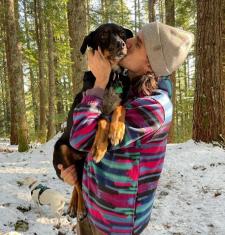
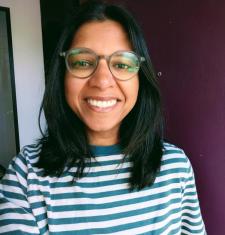
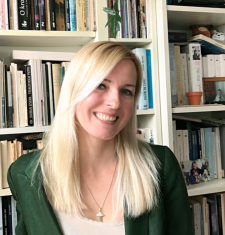
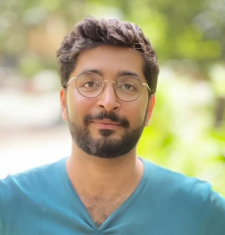
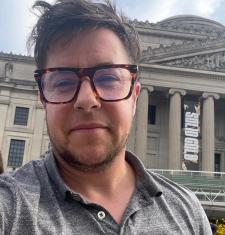
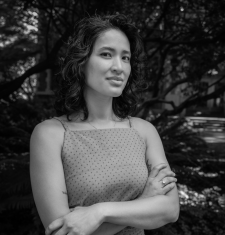
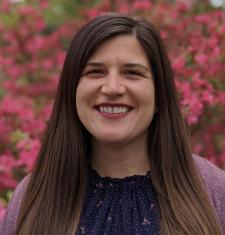
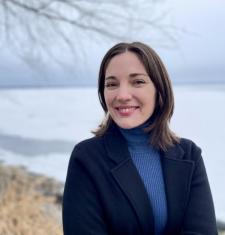
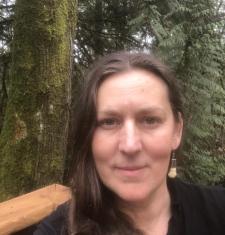
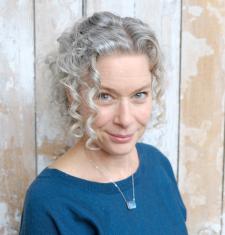
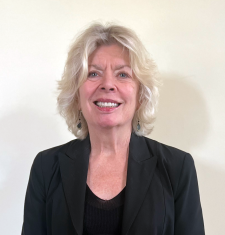
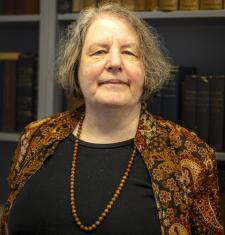
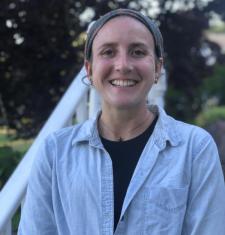
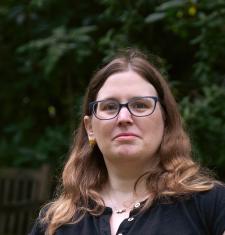
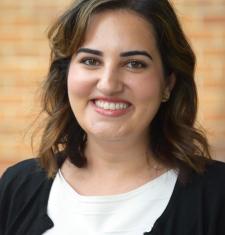
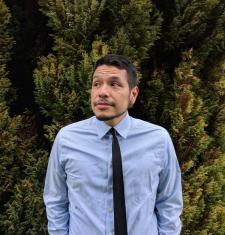
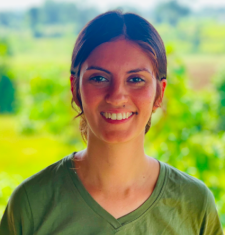
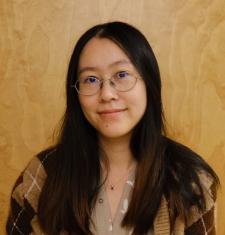
2023 - 2024 Society of Scholars Fellow
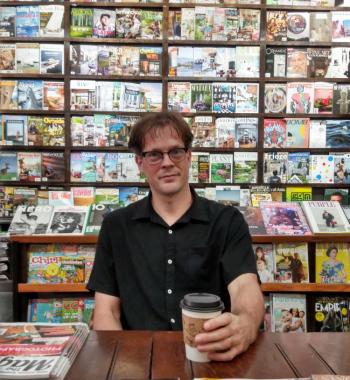
Aaron Carpenter (he/him/his)
Rajžaliteratur – A Journey Through the Shifting Words of German-Language Traumatic Narratives of South Slavic Writers
This project examines how writers from former Yugoslavia who write in German use and repurpose the language of the majority to tell their minority communities’ history. These authors make use of counter-historical narratives to challenge and undermine the dominant historical narrative in their respective countries. Many of the authors describe experiences where their presence affects the shape of the outsider in society, into which they cannot integrate. The authors invite the reader to engage with another truth about historical events and to recognize the experiences of a marginalized group.